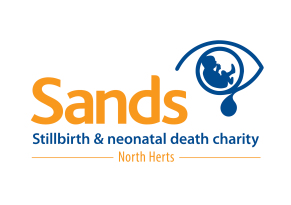A still birth is the death of a baby at any time during prgnancy, after the 24th week.
Many people think that stillbirths happen because of a developmental or genetic problem that means the baby could not survive. In fact, this is the case for fewer than one in ten stillborn babies. For as many as four in ten stillborn babies, the cause of death is not known.
Placental problems
The placenta is the organ that joins the baby and mother in the womb, allowing nutrients and oxygen to pass to the baby. Some stillbirths happen because the placenta doesn’t function properly. This may happen gradually, and it may not be picked up by current routine antenatal monitoring.
A baby who doesn’t get the right balance of nutrients may grow more slowly than expected. So a tailing off of a baby’s growth during pregnancy can signal a problem. Babies who are becoming poorly may move less often, too.
Sands helped fund research (the AFFIRM study) that asked whether encouraging women to be aware of their baby’s movements and to tell their midwife promptly if their baby’s movements have changed could help reduce the number of stillbirths. If you are pregnant and have any concerns about your baby’s movements, please contact your maternity unit straight away.
We have also funded research looking at scanning in third trimester, which is aimed at improving methods for
identifying babies who are not growing as they should.
Other causes
Other causes of stillbirth include:
- bleeding (haemorrhage) before or during labour
- placental abruption, when the placenta separates from the womb before the baby is born
- complications of pre-eclampsia, which is linked with the placenta and causes high blood pressure
- the umbilical cord slipping down through the entrance of the womb before baby is born (known as cord prolapse) or wrapping around baby's neck
- A liver disorder called intraheptic cholestasis of pregnancy (ICP)
- Genetic conditions
- Infections (go to NHS Choices for more information)
Incidents during birth
Around 100 babies die every year because of a trauma or event during birth that was not anticipated or well managed. Some babies are stillborn and some die after birth. Many of these deaths, when they occur at term, could be avoided with better care. Recently, with improving NHS care, the number of these deaths is falling.


